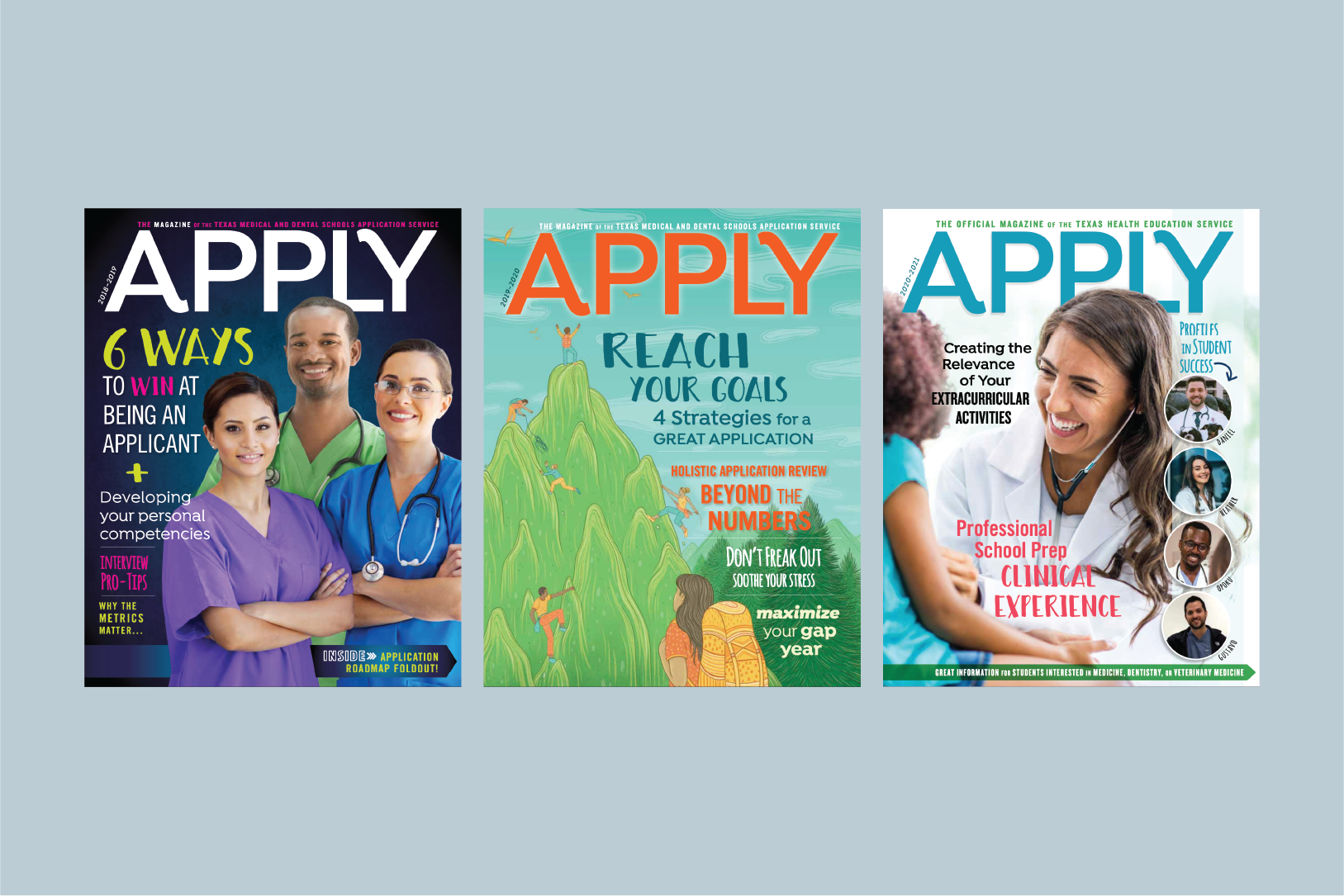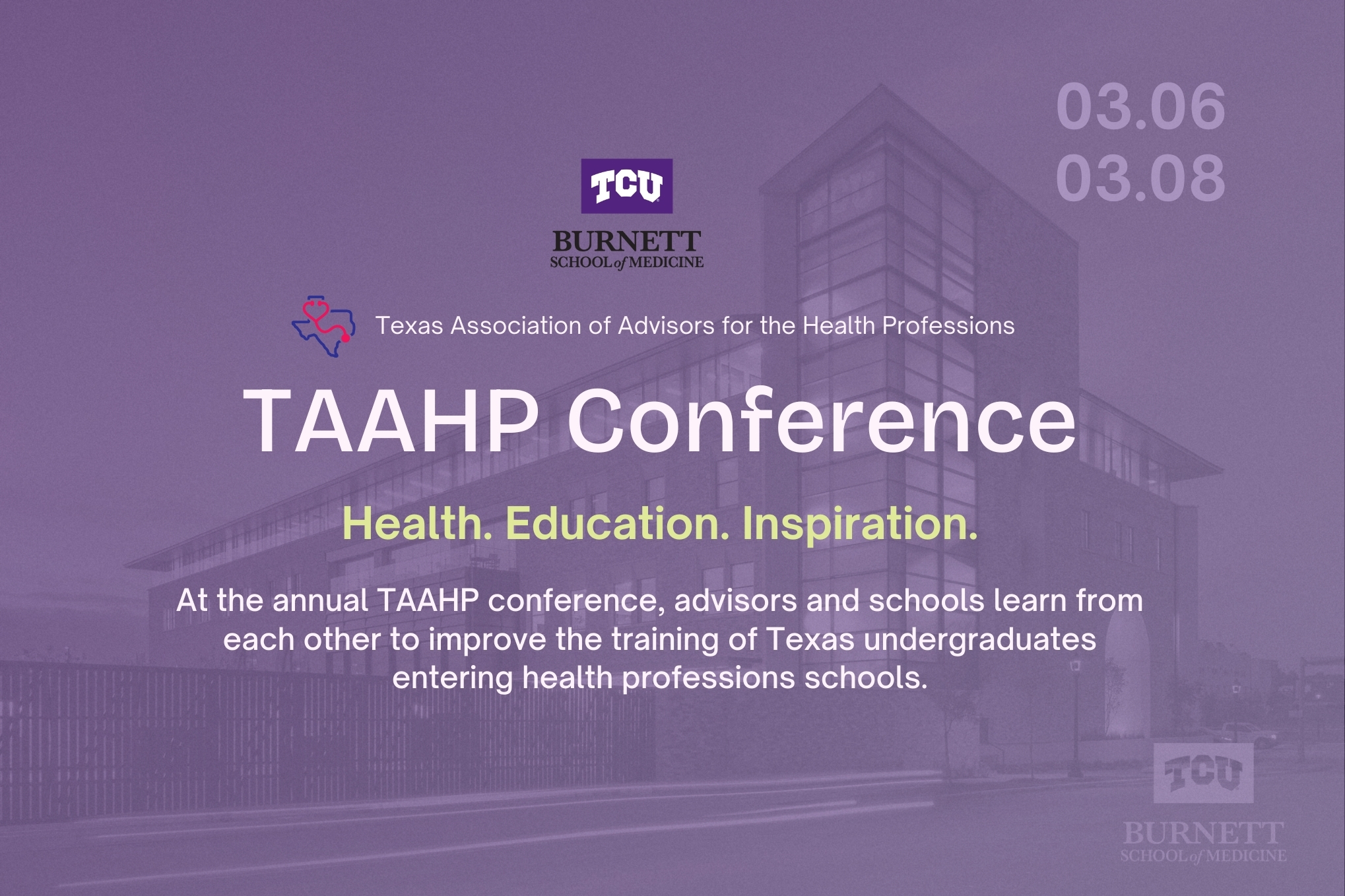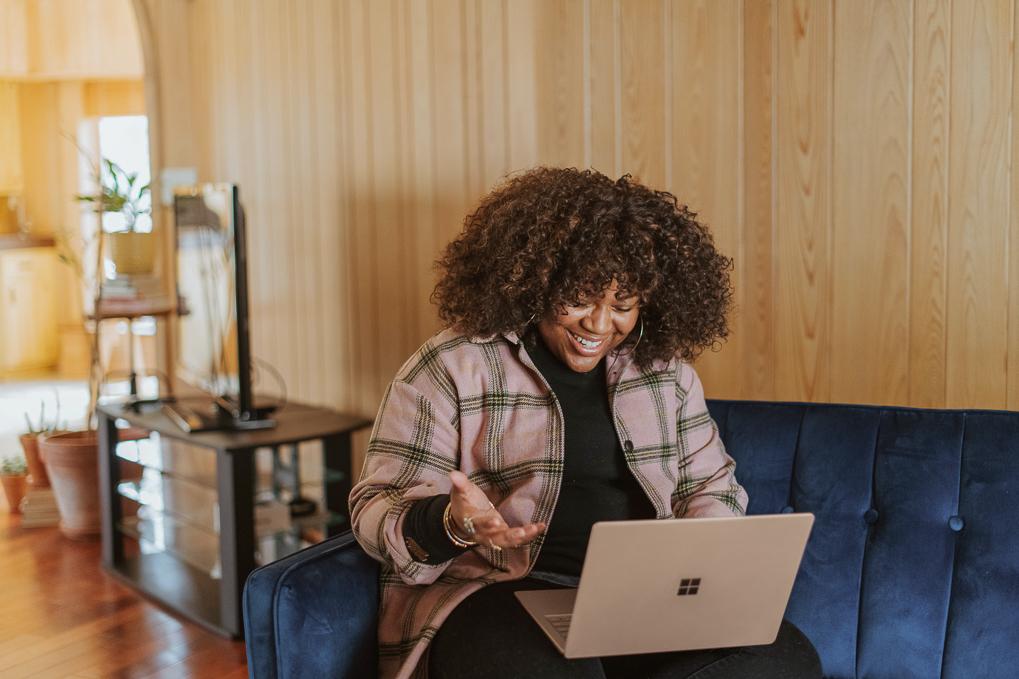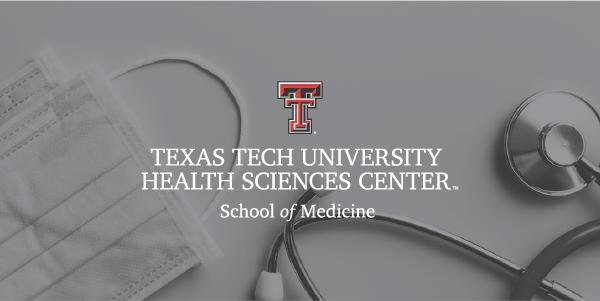The Importance of Gaining Clinical Experience
Gaining clinical experiences is very important in preparing yourself for a health
professions school. Many admissions officers will look at your health care experiences
as an important part of their holistic review. As I travel to visit with students
across the state of Texas regarding the application process, the most common questions
about clinical experiences that I receive are: What type of clinical experiences should
I have? How much clinical experience do I need? Why does it matter if I have clinical
experience before I apply?
What type of clinical experience should I have before I apply?
Clinical experiences can often be divided into shadowing/volunteering or paid positions.
[1] During shadowing experiences, students are often exposed to patient care through
volunteering their time by either following a physician in their clinical practice
or in a hospital-based setting. The exposure that the student receives during this
time can offer a glimpse into the day-to-day demands that a physician sees.
As a family medicine physician, I often have students shadow me in my clinical practice.
Initially, many of the students didn’t use the opportunity to engage with me in a
conversation about my medical practice or the steps of becoming a physician. After
a few shadowing encounters, I have started to ask that students take notes on the
patient care experiences that they witness. This often opens up the dialogue about
my practice and about careers in medicine. I then provide guidance for them and ultimately
can provide a letter of recommendation for their application. Therefore, I would highly
recommend that you engage your shadowing physician and build a mentoring relationship
with them. In preparation for applying to medical school, having a letter of recommendation
from a mentor-physician will go a long way in making you a competitive applicant.
However, admissions officers realize that shadowing/volunteering might not be possible
for some students. Therefore, I would encourage future applicants to look into paid
positions such as working as a certified medical assistant (CMA), emergency room scribes,
emergency room techs, phlebotomist or even becoming an EMT. [1] These experiences
can also provide valuable opportunities to see what the clinical work really looks
like.
If you have difficulty finding shadowing opportunities or a paid position, there are
creative ways in which you can gain clinical experiences. A recent survey performed
by the American Association of Medical Colleges (AAMC) stated that 87% of medical
school admissions officers would accept an alternative activity to clinical shadowing.[2]
I would encourage such students to either volunteer time through a home health/hospice
company, volunteer time in a nursing home, become a volunteer EMT, or even work with
children with special needs in an occupational/physical therapy practice.
Students are often enticed to go overseas for their clinical experiences. Although
these opportunities do provide patient care exposure, you must remember that being
exposed to medical care in the United States should be a priority because one day
you will be licensed to take care of patients in our country.[3] The ultimate goal
on your clinical experiences should not be a bullet point in your application, but
to be exposed to patient care, and more importantly, becoming passionate about taking
care of patients.
How much clinical experience do I really need?
When it comes to clinical experiences, quality is more important than quantity. I
would encourage you to seek out various clinical experiences in preparation for applying
to medical school. One hundred hours with various specialties or patient care experiences
will look better than many more hours spent in one specialty. To most admissions officers,
having a variety of clinical patient care experiences is often used as an important
criterion during the holistic review process and can separate you as a competitive
applicant for medical school.
As you enter your undergraduate institution, I would recommend that you seek out patient
care experiences through pre-medical societies, clubs and organizations. Take the
initiative and discover experiences in your local undergraduate communities, or even
in your hometown. The goal is to seek experiences that demonstrate some form of passion
towards caring for patients. Admissions officers realize that not all students take
the traditional track of entering medical school straight from an undergraduate institution.
Therefore, if you are a non-traditional applicant try to incorporate some varied clinical
experiences even if you do not have a large number of hours. Patient exposure experiences
will help you when your application is reviewed.
Why does it matter if I have clinical experiences before I apply?
You must remember that you are applying to enter medical school where much of your
training will be in clinical settings. Admissions officers are looking for candidates
who demonstrate a sense of compassion, empathy, and a desire to help those in need
and have experienced such in some sort of first-hand way. One of the best means for
demonstrating these attributes is by enhancing your clinical patient care experiences,
which can provide great material for your personal statement and are often great talking
points in an interview.
Admissions committees are not assessing your clinical acumen, but we are trying to
get a sense of your understanding of the medical profession. We are trying to assess
your ability to handle the stress and time management constraints that physicians
undergo. I would encourage you to develop personal relationships with shadowing physicians
and anyone that takes care of patients, so that they can provide wisdom and insight
to help you understand what is important in addressing the needs of patients.
Finally, as you start developing your pathway towards applying for medical school,
remember to keep patientcentered clinical experiences in the forefront of your mind.
Ultimately, admissions officers are looking for those attributes that we know will
help develop empathetic and kind physicians. Gaining valuable clinical experiences
will not only help you in the process of becoming a competitive applicant for medical
school, but it will help you develop the attributes that we want in a physician.
References:
- How to gain research and clinical experience for med school. https://www.kaptest.com/study/mcat/how-to-gain-research-and-clinical-experience-for-med-school/
- Five ways to gain experience without shadowing. https://students-residents.aamc.org/choosing-medical-career/article/five-ways-gain-experience-without-shadowing/
- Do I need clinical experience to get into medical school? Jessica Freeman, MD https://mededits.com/medical-school-application/do-i-need-clinical-experience-get-into-medical-school/

About the author: The Texas Health Education Service amplifies TMDSAS and JAMP’s missions to serve students, collegiate advisors, and professional schools in Texas by providing students with accurate educational resources to enhance their preparation for a career in the health professions, and supporting efforts by advisors and professional schools to reach students and enrich the applicant pool.




